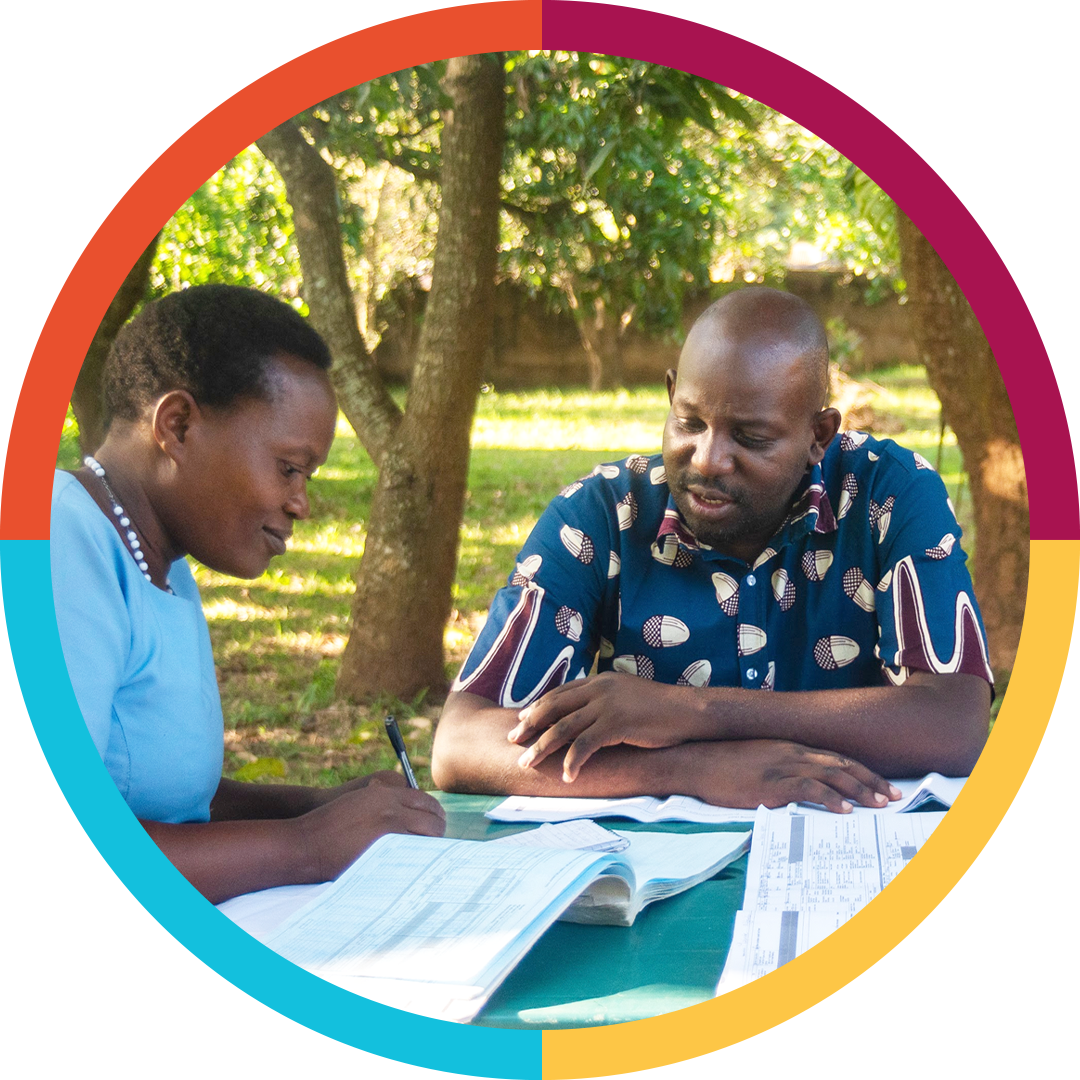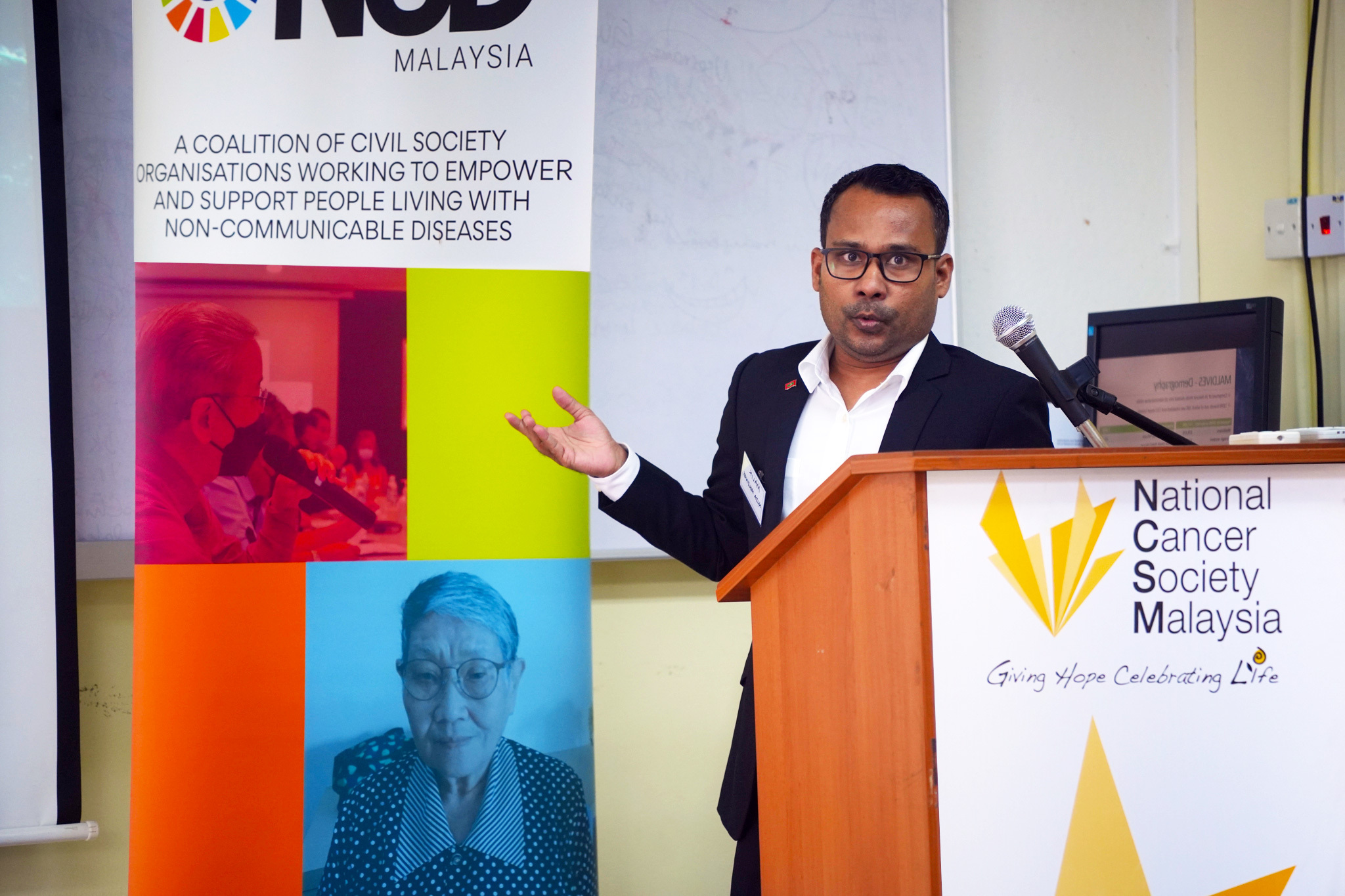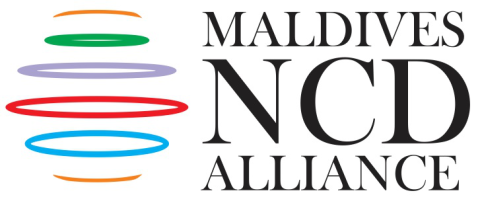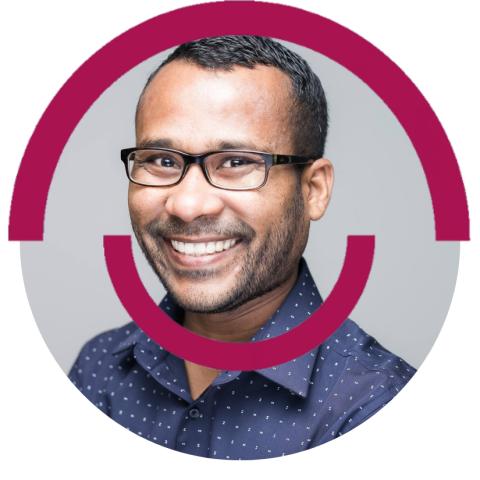My advocacy journey leading up to the UN High-Level Meeting on NCDs and Mental Health (HLM4) on 25 September began when I was appointed to the NCDA Global Advisory Committee (GAC) for the Our Views, Our Voices initiative, representing people living with NCDs. From the very first discussions in 2024, we were sensitised to global advocacy plans — and I could see that the HLM4 was going to be more than just a meeting on the calendar.
That feeling grew only stronger during the governing board meetings of the South-East Asia Regional NCD Alliance. But it was in Kigali, at the Global NCDA Forum in February 2025, where things truly came alive for me. The special session on advocacy for the HLM4 wasn’t just informative — it was a moment of clarity. It gave me a push to think bigger about how our national and regional advocacy could really make a difference.
The face-to-face meeting of the GAC in Kigali deepened this sense of purpose, as we all shared our country-specific plans. I also joined both the South-East Asia Regional (SEAR) group and the Caribbean Community/small island developing states (CARICOM/SIDS) regional group to refine our specific asks — climate change for SIDS, air pollution for larger SEAR cities — experiences that reminded me how connected our struggles and solutions really are.
Another highlight in Kigali was meeting with the team from United for Global Mental Health (UfGMH). Those conversations carried over into follow-up Zoom calls, building relationships that have continued to shape our advocacy, especially in mental health.
Back home, I briefed the Maldives NCD Alliance Executive Board on the urgency of ramping up our national advocacy efforts. We wasted no time. Letters went out to the President, the Minister of Foreign Affairs, the Minister of Health, and the WHO Representative to the Maldives, requesting meetings to move things forward.
In spring 2025, I travelled to Kuala Lumpur for the SEAR/Association of Southeast Asian Nations (ASEAN) NCD Regional Advocacy meeting, where I signed the Kuala Lumpur Declaration on behalf of the Maldives NCD Alliance. That moment strengthened our regional connections — and it lit a fresh fire under our national advocacy agenda.
Soon after, seven heads of our member NGOs sat down with the Minister of Health. We shared our advocacy plan, offered technical support for the draft HLM4 Political Declaration, and pressed for high-level representation — including the Minister— at the HLM4 in September.
Looking back, what has made the biggest difference is how we came together as one Alliance. We stood side-by-side in meetings, co-wrote letters, and pooled our resources for one cause. That unity didn’t just advance our advocacy— it strengthened us internally. We’ve grown administratively, built programmatic capacity, and deepened trust among members. Each civil society partner has advanced their own priorities while contributing to the collective effort. And in the process, the Maldives NCD Alliance has firmly established its place in the country’s health and civil society landscape.
An important turning point came when the Maldives Minister of State for Health met the UfGMH team at the World Health Assembly in Geneva. We also met the WHO Representative to the Maldives, and follow-up discussions brought more opportunities for Maldives. We reviewed the draft Political Declaration together and explored ways to secure additional support.
We also worked directly with Ministry of Health (MoH) teams — public health, policy, NCDs, mental health — as well as the Director General of Public Health and State Minister. Being in the room for those working sessions meant our comments went straight into the revised draft. We helped the MoH refine its comments so they could be passed on to the Ministry of Foreign Affairs (MoFA) for diplomatic follow-up through the Maldives Mission in New York. Our advocacy didn’t stop there. We met with the MoFA to plan how the Mission could push for further improvements during negotiations.
In the lead-up to the Global week for Action on NCDs,18-25 September, the Health Minister has shared a compelling video message and we await messages from the First Lady and Minister of Foreign Affairs to strengthen our advocacy even further. As we head towards the HLM4, I feel optimistic. Our inputs have a real shot at being included in the final Political Declaration, and I’m confident we will see high-level representation from the President’s Office, the MoFA, and the MoH. It will be an incredible opportunity to showcase the Maldives’ best practices — not just in sessions and panels, but as a testament to what can happen when we speak with one voice.






